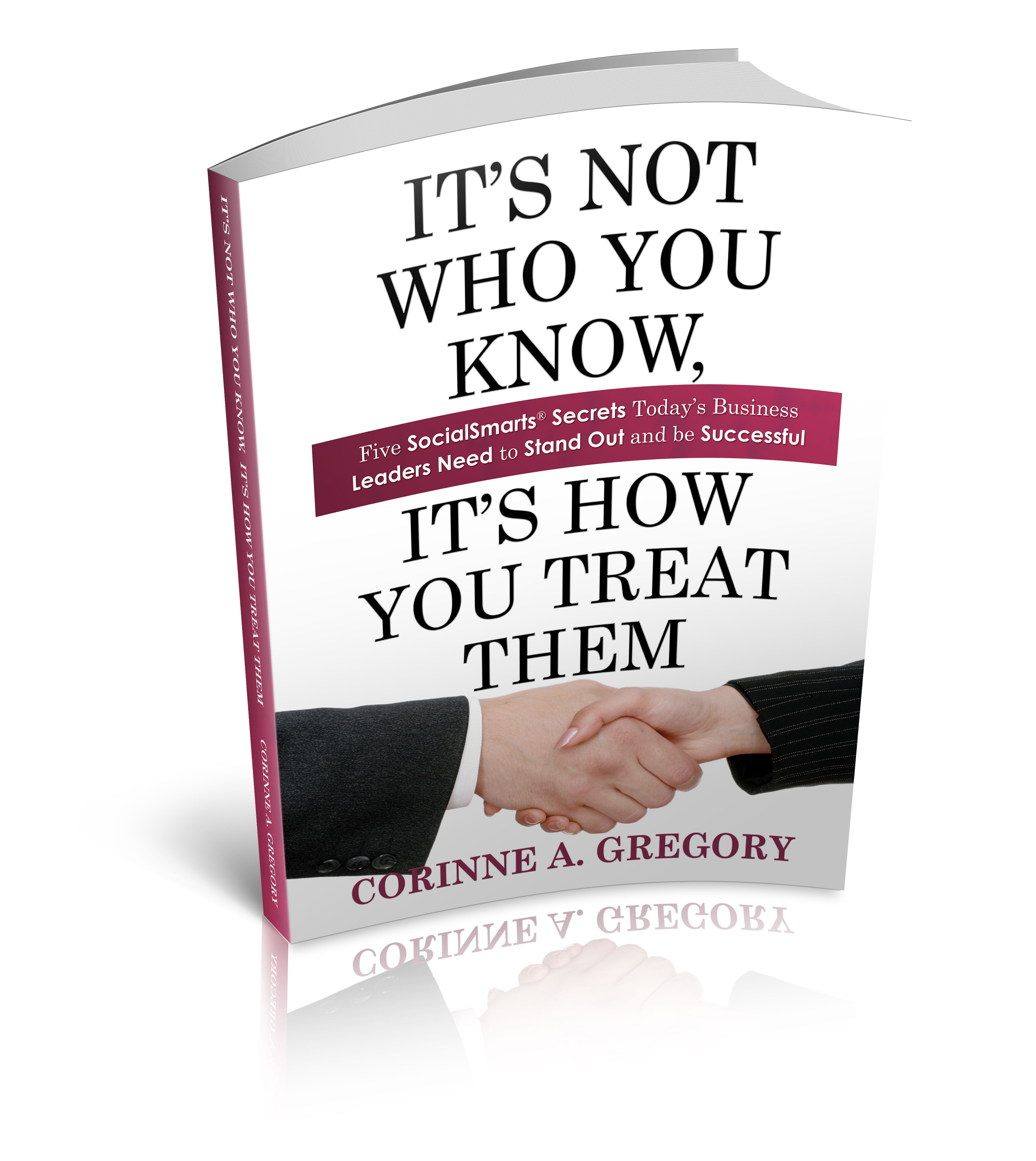This morning, Kayla Manson, the 13-year old charged as a “principal” in the vicious beating of Josie Lou Ratley appeared on the Today Show sharing her side of the incident for the first time.
In the interview, Kayla was asked about the text messages between Josie and Wayne, whether she’d seen any of them. She replied she’d seen two. In one, Kayla mentions Josie Lou called Wayne a “rapist.” In one back from Wayne, Kayla shared live on the show that Wayne repeatedly called her a “c**t.” After her graphic slip, she was counseled by host Meredith Viera that she has to be more careful of the words that she used — her expletive is one of the words banned on air.
While Kayla may not have known that at the time and so was just repeating what she had seen on the text, it’s the ease with which these words are used — both in writing and in speech — that is so sad. One of Kayla’s attorneys who appeared with her on the program, Jonathon Marne, immediately sprang to her defense. He says that these kinds of offensive terms are “just part of the common vernacular” among teens, that teens throw these words around all the time and don’t mean them in the same was as adults do.
To quote him as reported in the Today Show story:
“These terms, unfortunately, are part of common vernacular in middle school. These children speak in ways that adults would not find appropriate,” Marne said. “You’ll hear one child threaten another child, ‘Oh, if you do that, I’ll kill you.’ They don’t take these things seriously.”
That’s part of the problem, folks! Our kids don’t get that these words and phrases that they fling at each other have power. What we do and what we say can have enormous power and we need to be careful and aware of what it is we use.
I mentioned this in one of
my earlier posts on this topic where I pointed out that what Josie Lou Ratley texted to Wayne Treacy was what set him off. No, before anyone misinterprets what I’m saying here, I do not mean she “deserved” this by what she did. There is absolutely NO excuse for Wayne Treacy’s actions. Period. But, you have to realize that if she hadn’t communicated to him in offensive, inflammatory phrases and, frankly, issued the final cheap shot, she probably wouldn’t be relearning her alphabet today. The argument would never have escalated to the point of violence.
Our words and actions have a tremendous effect on other people — for good and for bad. It’s an over simplification to say bad things will never happen if we only use our “nice” words — life isn’t like that. But, I’ll bet Josie Lou wouldn’t have gotten quite as mad at Wayne if he hadn’t called her a “c***” and Wayne probably wouldn’t have ridden three miles to bash her brains in if she hadn’t told him to go “visit your dead brother.”
Our language is something that reinforces what we think. Words we utter are absorbed back so that even the worst offensive phrases become easier to say. And they are even easier to type/text. There’s NO PLACE for language and verbal attacks like this and you can understand why people get offended and react in stupid ways. With our kids, we have a chance to reverse this trend, but where do you think they get it?
Today, as a result of a simple buy/sell dispute through an on-line website, the seller in Canada flung hate-ridden email at a friend of mine (who was, by the way, in the right on his side of the transaction), a message full of venom and explosive language referring to his “fat ni**er a**” (my friend’s Caucasian, btw), calling out everyone under the Canadian border as being full of “typical American sh**” and saying “he won’t comment anymore because he doesn’t correspond with homosexuals.”
Okay. Make my point? Can you see where people would get angry?
Our kids generally have less impulse control than we as adults do/should have. While we work on teaching the difference between “react” and “respond,” we have to also work on teaching them their side of interpersonal responsibility. Words like what we heard should NOT be part of a teen’s “common vernacular.” For that, we adults need to be responsible: parents, educators, religious leaders, the media and entertainment world. After all, where is it they learn these words, really, that they so freely share with each other?






58. excellent points altogether, you just gained a new reader. What would you recommend about your post that you made a few days ago? Any positive?